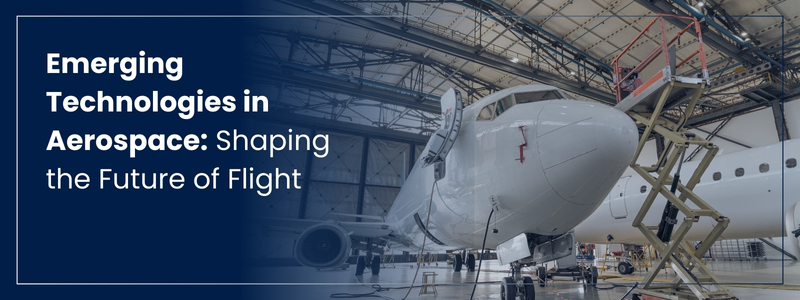
A field synonymous with innovation and cutting-edge technology, aerospace engineering continues to redefine the possibilities in aviation and space exploration. The future holds great promise for a number of emerging technologies that are set to change the face of the aerospace industry by enabling faster, safer, more sustainable means of flying on Earth and beyond. Let’s look at some of these transformational technologies that are shaping the future of aerospace.
One of the most important shifts occurring within aerospace engineering is in electric propulsion systems. There has been a growing interest in electric aircraft and drones as alternatives for traditional combustion engines due to their low emissions, noise reduction, and probably lower costs involved in their operations. This transition is being propelled by improvements made in battery technology as well as efficiency levels of electric motors which have seen companies such as Airbus and Boeing also invest in short-haul flight concept aircraft or urban air mobility plans.
Another crucial domain for innovation in aerospace is Autonomous Flight Systems. These range from automated drones for delivery services to autonomous passenger aircraft, which rely on Artificial Intelligence (AI) and Machine Learning to aid safe navigation and operation without human direct involvement. Besides enhancing efficiency and reliability, autonomous technologies are creating chances for unmanned exploration of space as well as aerial surveillance.
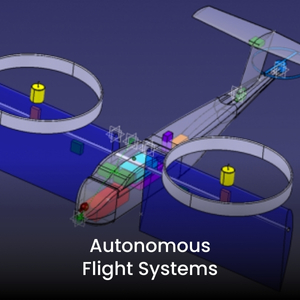
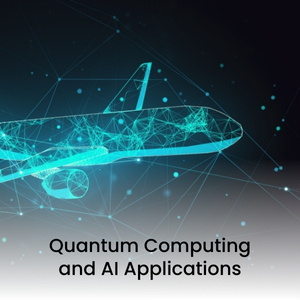
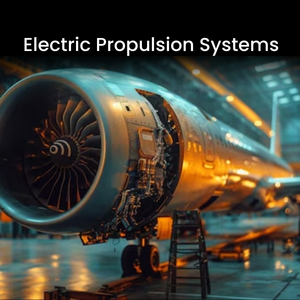
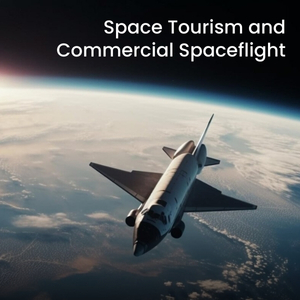
The emerging space tourism industry is revolutionizing the way aerospace engineering is done. Companies such as SpaceX, Blue Origin, and Virgin Galactic are leading the development of reusable rockets, spacecraft, and spaceports aimed at making private individuals travel in space easier. Developments in propulsion systems, and life-supporting tools among others have turned dreams of going outside Earth’s atmosphere into reality, opening up commercial opportunities beyond Earth.
In the domain of aerospace engineering, quantum computing and artificial intelligence (AI) are advancing simulation, optimization, and data analytics. Quantum computing may hold the key to solving complex problems in aerospace design, as well as operations that cannot be handled by traditional computing. Conversely, AI promotes autonomous systems, predictive maintenance, and mission planning which make aerospace operations safer, more efficient, and cost-effective.
In this era of 21st-century complexities, aerospace engineering remains at the forefront of technological innovation and exploration. Emerging technologies are reshaping not only how we navigate through air travel or explore space but also creating a more integrated and sustainable world. The awe-inspiring field of the aerospace industry ranges from electric propulsion systems to autonomous flight technologies among others thus driving humanity into new discovery frontiers and adventure higher than ever before.